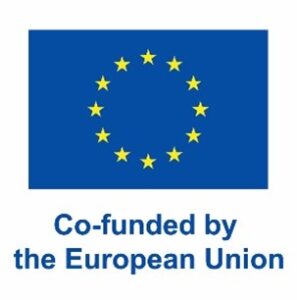The aim of the MED.FREE.LIT campaign will be to raise public awareness but also to instill a more demanding culture by the public – especially young people – but also the media themselves. This will be a Media Freedom Literacy and a News Literacy campaign meant to cultivate a more critical approach to issues surrounding the media and news. Project activities include presentations in Secondary Schools and Universities, and the Teachers’ Pedagogical Institute (responsible for the professional training of teachers), presentations to relevant NGOs, consultations with stakeholders and academics, drafting of final report/recommendations, and planning a final seminar.
Target groups:
- The public especially young people, including students of secondary schools and university students
- Other stakeholders such as the State’s Press and Information Office, the Cyprus Union of Journalists, Media Ethics Committee, the press and online Publishers Associations, the Communications Departments of universities, the Pedagogical Institute, the regulatory authorities and the media community at large.
- Organisation of eight presentations on news literacy for secondary school students (aged 16-18) and teachers. A total of 446 students and 39 teachers participated.
- Organisation of three presentations on news literacy for university students and academics. A total of 40 university students and 3 members of the staff participated.
- Publication of the “News Literacy: A pilot campaign in Cyprus”. The report encompasses the feedback collected from students and educators during the presentations, provides an analysis of the state of the play in Cyprus and the EU, and lists recommendations for public authorities.
- Organisation of a final conference/roundtable discussion, attended by 18 participants, including representatives from the Cyprus Pedagogical Institute, the Cyprus Radio Television Authority, the Cyprus Media Ethics Committee, the Union of Cyprus Journalists, academics, members of civil society organisations, and others.

Funded by the European Union. Views and opinions expressed are however those of the author(s) only and do not necessarily reflect those of the European Union or the European Education and Culture Executive Agency. Neither the European Union nor the granting authority can be held responsible for them.
